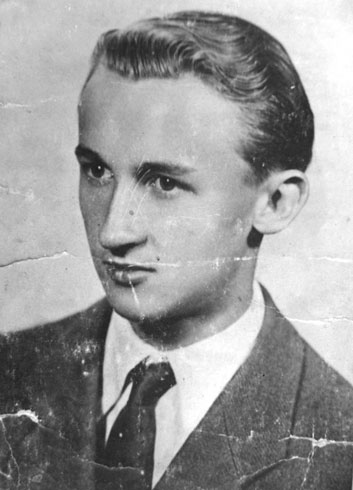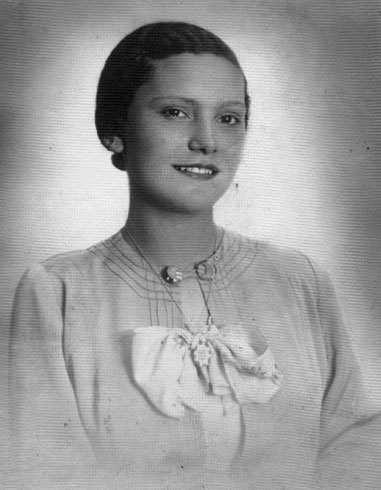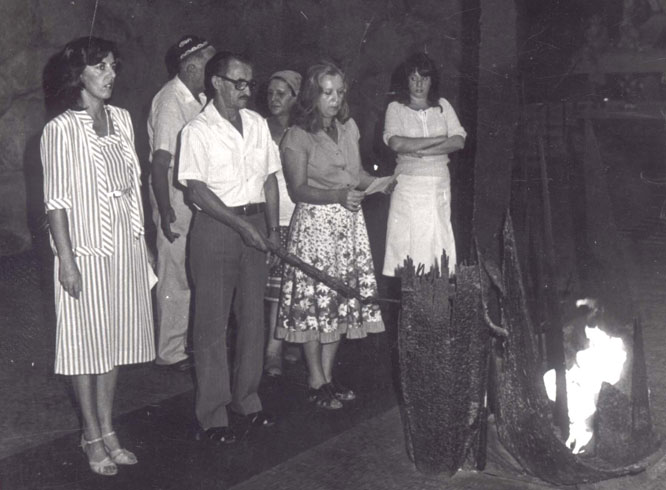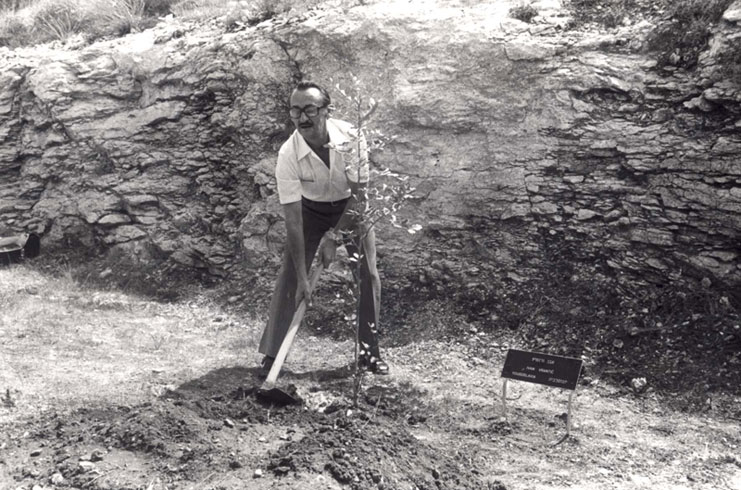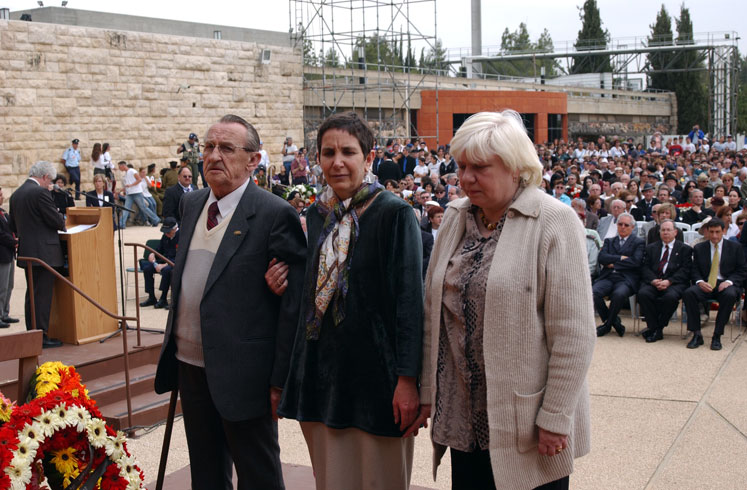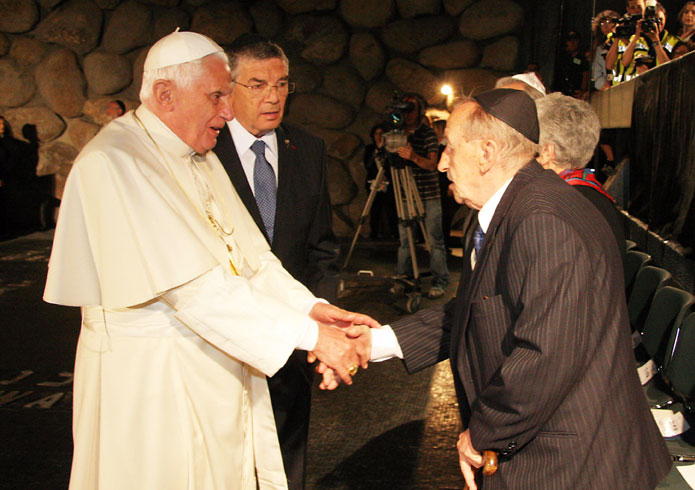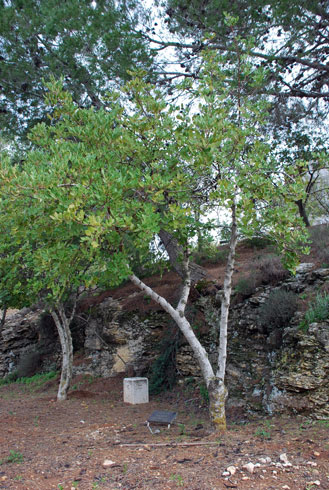Ivan (Ivica) Vranetic was born in Vrbas, Yugoslavia, in 1927.
In September 1943, after the German occupation of Italy and the territories under its control, the Yugoslav partisans arrived at the Island of Rab in the Adriatic Sea. They released the Jews interned on the island’s camp, and helped them reach the area in southern Yugoslavia that was under their control. Some of the Jews joined the ranks of the partisans, while the women, children and infirm among them stayed in the villages, principally in the village of Topusko in southern Croatia. Many of the village’s residents were connected to the Ustaša, the Croatian ruling party responsible for the murder of most of the Jews in Croatia. These residents ignored the distress of the Jews, and those that did help them only did so for fear of the partisans.
Seventeen-year-old Ivan (Ivica) Vranetic aided the Jews from the moment they reached Topusko. Vranetic befriended a number of Jewish refugees and found them places to live. He carried children and elderly people on his back over and over to their places ofrefuge. Among the refugees was Arna Montilio, whose husband had been killed in the Jasenovac camp, as well as her small daughter and elderly mother. Vranetic found them a hiding place.
At the end of 1943, a German army unit came to the region, and battles between them and the Yugoslav partisans began. The Jewish refugees were forced to flee the areas in which the battles were taking place, and to make their way from one place of refuge to the next. Vranetic used to warn the Jews of upcoming battles, find them new places to hide and even escort them to these places and take care of all their needs there. In one case, when a rumor broke out that the Germans were approaching, a number of Jews fled in error towards the Ustaša forces. Vranetic worried about them and after two hours found them and directed them towards safety.
In hiding the Jews and his actions taken on their behalf, Vranetic risked his life over and over again. After the war, he kept in contact with many of the Jews he saved, among them Arna Montilio, whose husband had been killed in the camp of Jasenovac, and who had a young child. "I could have never survived with an old mother and a little girl without his help", she told Yad Vashem. Many years later, Ivan said that he had fallen in love with Arna, but their mothers were opposed to the marriage. Montilio immigrated to Israel, where she re-married and had another two children. She kept in constant written contact with Ivan. Some 20 years later, Vranetic came to Israel. By that time Arna had separated from her second husband. The renewed encounter with Ivan rekindled their love and the two were married.
In 1970 Yad Vashem honored Ivan (Ivica) Vranetic as Righteous Among the Nations. He was awarded honorary citizenship of the State of Israel, and in 1986 was elected chairman of the Organization of Righteous Among the Nations in Israel. In 2009, during PopeBenedict XVI’s visit to Israel, Vranetic greeted the Pope during his visit to Yad Vashem.
